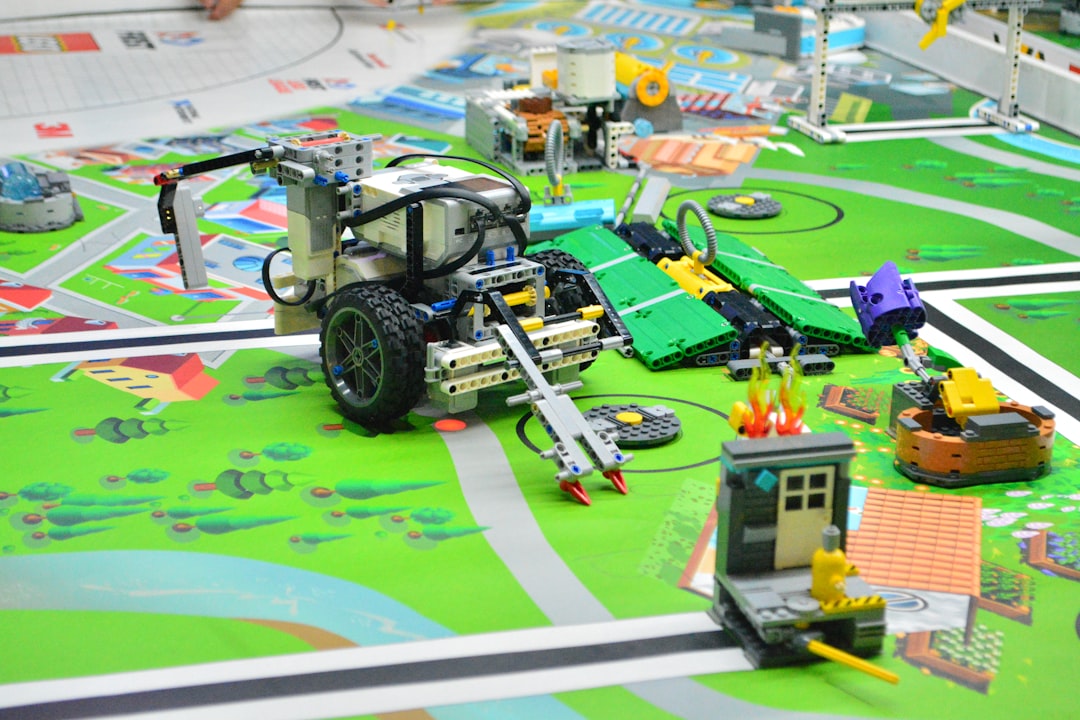What is it about?
The requirements for thermal control have increased with increasing resolution of space telescopes. Although some space telescopes can achieve temperature control accuracy of one thousandth of a degree Celsius under traditional control strategies, higher accuracy is still required. We proposed an intelligent autonomous thermal control strategy based on Actor-Critic reinforcement learning (RL) for proportional-integral-derivative (PID) parameter adaptive self-tuning, called RL PID. Both theoretical and experimental results show that RL PID has better reliability, more robustness, and a faster response than traditional control strategy.
Featured Image

Photo by NASA on Unsplash
Why is it important?
This is the first time the reinforcement learning algorithm is applied in the field of space telescope thermal control, and the effect is very good, for the future and the further research has the very good reference value
Perspectives
This study proposed an intelligent autonomous thermal control strategy based on RL for PID parameter adaptive self-tuning. The control effect of RL PID was shown to be better than those of traditional PID control and switch control, with a shorter adjustment time, a faster response speed, better resistance to interference, and better adaptiveness of the controlled object parameters. The convergence of RL PID is not particularly stable. It is necessary to further improve the convergence and stability of the RL algorithm to improve the precision and stability of the control.
Yan Xiong
Read the Original
This page is a summary of: Intelligent Thermal Control Strategy Based on Reinforcement Learning for Space Telescope, Journal of Thermophysics and Heat Transfer, January 2020, American Institute of Aeronautics and Astronautics (AIAA),
DOI: 10.2514/1.t5774.
You can read the full text:
Resources
Contributors
The following have contributed to this page










